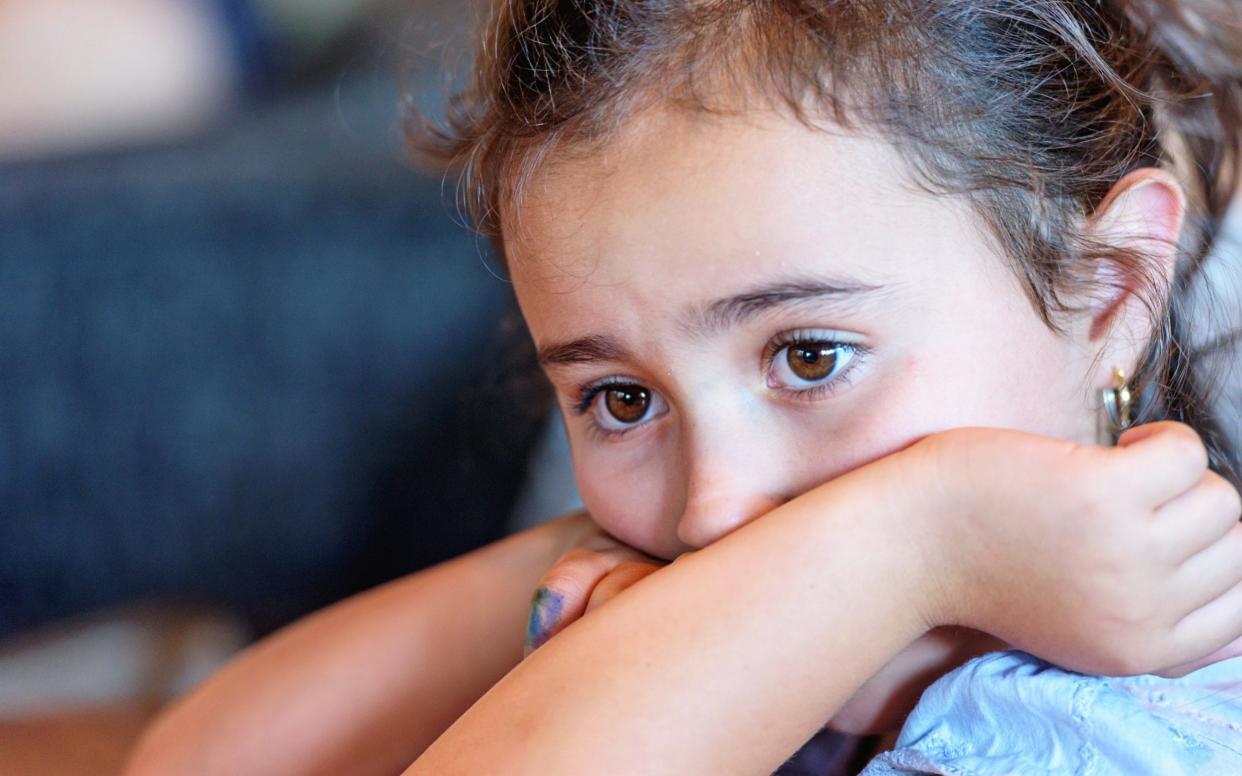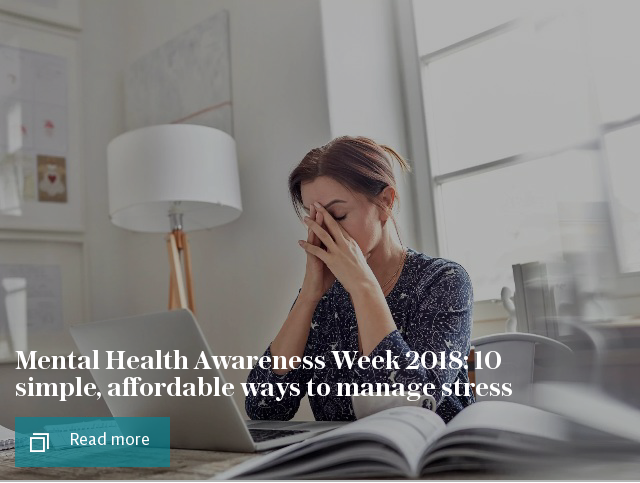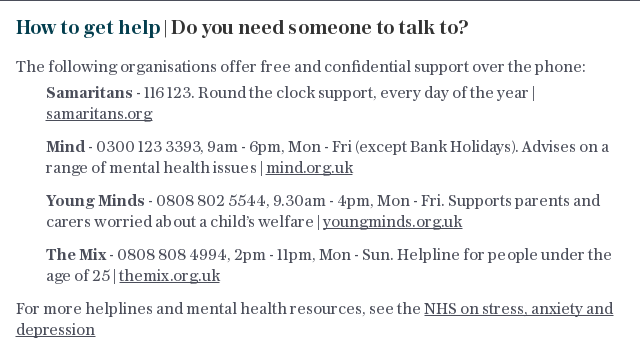Children turned away from mental health help unless 'acutely suicidal', psychotherapists warn

Children are being turned away from psychotherapy unless they are "acutely suicidal", a report has claimed.
A survey by the Association of Child Psychotherapists found that members were concerned that seriously mentally ill children were not being offered help unless they were threatening to kill themselves.
Child and adolescent psychotherapists working within the NHS said that cases were "having to be re-referred several times and reaching a crisis point before being accepted", its report found.
One in three of the 416 psychotherapists who responded to the survey said they felt the service they were working within was "mostly inadequate or completely inadequate", and 73 per cent felt there had been a negative change in staff morale.
Another psychotherapist said that "inadequate resources" were "making it hard to provide service for children in need of mental health support" but who were not "currently suicidal".
Others warned that even suicidal children were "not followed up due to both inexperience and being overwhelmed", leading to a growing number of "near misses".
Children who "may become psychopaths" were among those that practitioners said were turned away for treatment because it was assessed that they "do not yet pose a risk".

Another respondent said that sexual abuse was "no longer considered a reason for referral".
In one case study outlined in the report, a girl who was threatening to kill herself by jumping from a window was not prioritised for treatment because it was decided that she was safe because "her mother was checking the windows".
Respondents to the survey also said that specialist staff were increasingly being replaced by managers or generalists, and mental health services were increasingly using locums and agency staff to fill gaps in provision.
Dr Jon Goldin, vice chair of the child and adolescent psychiatry faculty at the Royal College of Psychiatrists, said the report "highlights that many children and young people, especially those with severe and enduring needs, are not receiving the specialist care and treatment they require.
"A well-led multi-disciplinary team of experienced clinicians is crucial to the delivery of high quality services and the report shows that this is lacking in many areas."
Dr Goldin backed calls by the association for a review of specialist services.
Dr Marc Bush, head of policy at mental health charity YoungMinds, said: "Every day we get calls to our helpline from parents whose children have been waiting months for an appointment with CAMHS, or who have been turned down because the thresholds for treatment are so high.
"The system is overstretched and disjointed, with a devastating impact on thousands of families across the country."
The report comes after concerns were raised by the most senior family judge in England and Wales as the NHS struggled to find a mental health place for a suicidal teenage girl.
Sir James Munby warned last August that the nation would have "blood on our hands" if a specialist hospital bed could not be found for the 17-year-old, who was due to be released from youth custody and had made a number of "determined" attempts on her life.

A place was found for her within days following his intervention.
Other families have experienced having to travel hundreds of miles across the country to visit children in psychiatric wards because of a lack of local provision.
Last year health secretary Jeremy Hunt announced a £1.3 billion plan to transform mental health services which the Government said would allow the NHS to treat an extra 1 million patients by 2020 to 2021 and create thousands of new job roles.

 Yahoo News
Yahoo News 
